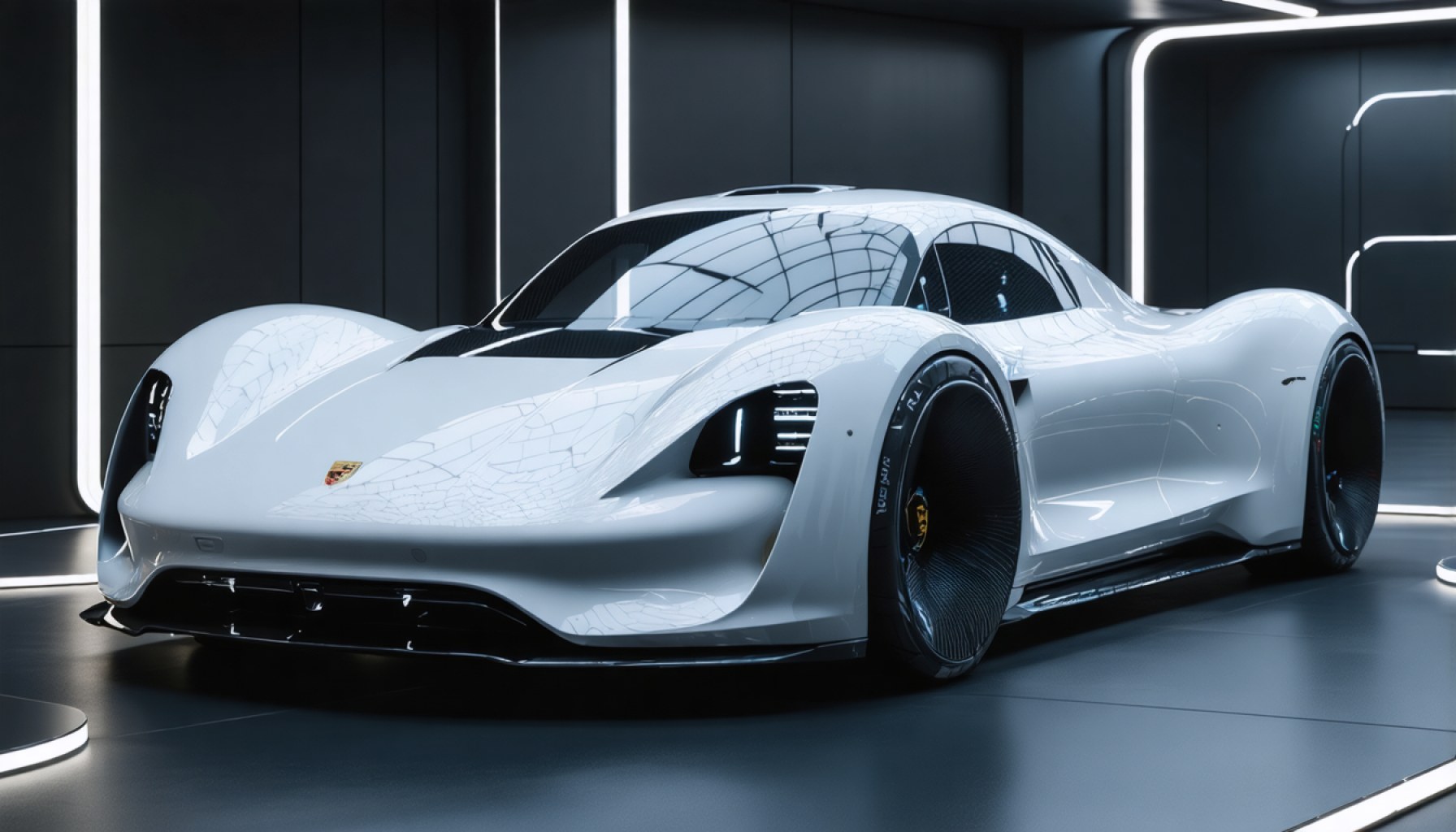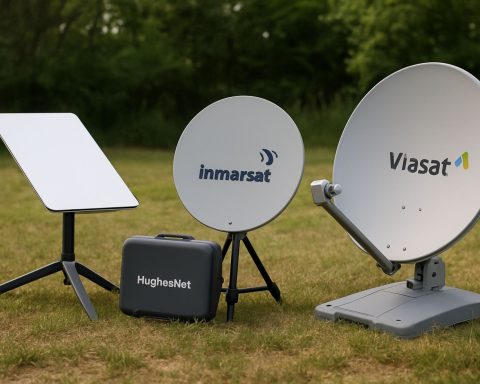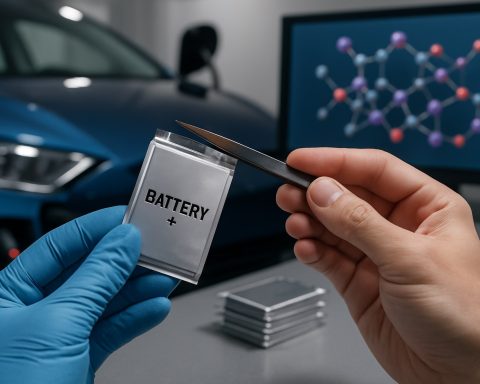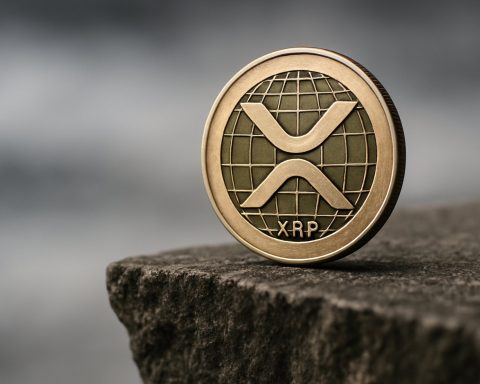- Porsche is advancing the future of electric vehicles by launching an ambitious battery recycling initiative, emphasizing sustainability and a circular economy.
- The project involves transforming spent EV batteries into “black mass” containing valuable materials like nickel, cobalt, manganese, and lithium, which are then refined for reuse.
- Repurposed batteries are not only recycled into new vehicle batteries but also utilized for energy storage at Porsche’s Leipzig plant, showcasing their potential in broader applications.
- By focusing on battery recycling, Porsche reduces dependency on volatile raw material markets and prepares to meet future regulatory requirements, like the EU’s 2031 battery regulations.
- Porsche’s initiative underscores that innovation can coexist with ecological responsibility, serving as a potential model for other automotive industry leaders.
Amidst the roar of its iconic engines and the sleek lines of its sports cars, Porsche is quietly revolutionizing the future of electric vehicles. As the automotive giant leans into an electrified future, it is paving a new path in sustainability by launching an ambitious electric vehicle battery recycling initiative. This pilot project promises more than just the recovery of valuable raw materials. It signifies Porsche’s commitment to a greener, more circular economy that could set new standards in the automotive industry.
Imagine the hum of a high-performance Porsche Taycan, its energy drawn not from freshly mined elements, but from repurposed materials of its ancestors—batteries reimagined and reborn. In a landscape often dominated by the quest for new resources, Porsche’s venture stands as a testament to the power of innovation and recycling.
A Vision Forged in Sustainability and Ingenuity
Long celebrated for its engineering prowess and exhilarating driving experiences, Porsche is now steering its expertise towards addressing the growing demand for recycled battery materials. The company’s three-phase approach begins with the transformation of spent EV batteries into “black mass”—a rich blend of nickel, cobalt, manganese, and lithium. Through advanced refinement techniques, these materials are purified to meet the rigorous standards Porsche demands for its cutting-edge vehicles.
The initiative not only aims to reintegrate these components into new batteries but also seeks to establish a “Second Life” for energy storage systems. At the Leipzig plant, a pioneering example of repurposed EV batteries powers the facility, demonstrating the vast potential of these materials beyond their initial automotive purpose.
Charting a New Course for the Global Auto Industry
As regulatory landscapes shift and new laws loom—such as the European Union’s impending 2031 battery regulations—Porsche positions itself as a vanguard of environmental responsibility. By choosing to recycle, the company strides toward reducing dependency on geopolitically volatile raw material markets, while also significantly cutting its carbon footprint.
This endeavor highlights a broader message: innovation does not have to come at the expense of the planet. Porsche’s blueprint could influence other industry leaders to rethink sustainability and resource management, proving that luxury and ecological responsibility can, indeed, coexist.
With each step, Porsche reiterates its dedication not just to driving excitement, but to driving change. As the iconic automaker races towards a greener horizon, it invites the industry and its enthusiasts to imagine a world where the rush of the road meets the rhythm of renewal.
The Future of Electric Vehicles: How Porsche’s Battery Recycling Revolutionizes Sustainability
Porsche’s Groundbreaking Battery Recycling Initiative
Porsche, a name synonymous with high-performance sports cars, is not just about roaring engines and sleek designs. The iconic automaker is now at the forefront of a sustainability revolution through its innovative electric vehicle (EV) battery recycling initiative. This pilot project underscores Porsche’s commitment to promoting a circular economy, setting a new standard of environmental responsibility in the automotive industry.
How the Battery Recycling Initiative Works
Porsche’s recycling initiative begins with the transformation of used EV batteries into what is known as “black mass.” This blend contains critical materials such as nickel, cobalt, manganese, and lithium. Through advanced refinement processes, these materials are purified to create new components for high-quality electric vehicle batteries.
Here’s a brief step-by-step look at the process:
1. Collection and Storage: Used EV batteries are collected from the market.
2. Black Mass Conversion: The batteries are reduced to black mass—a mixture of valuable materials.
3. Refinement: This black mass is processed to extract pure nickel, cobalt, manganese, and lithium.
4. Reintegration: The refined materials are used to manufacture new EV batteries.
5. Second-Life Utilization: Some batteries are repurposed for energy storage solutions, like powering Porsche’s own Leipzig plant.
The Broader Implications for the Automotive Industry
Porsche’s approach is particularly timely as the regulatory environment is changing. The European Union’s impending battery regulations, coming into effect in 2031, push automakers towards greater sustainability. As a vanguard in this movement, Porsche reduces its reliance on unstable raw material markets, addressing both environmental and economic concerns.
Why Porsche’s Initiative Matters
Pros:
– Environmental Responsibility: The initiative significantly reduces carbon emissions and supports sustainable resource use.
– Economic Stability: By leveraging recycled materials, Porsche decreases its vulnerability to geopolitical dynamics affecting raw material supply.
– Innovation and Growth: Setting a blueprint for others in the industry, Porsche stimulates innovation in sustainable practices.
Cons:
– Technological Challenges: Refining and reintegrating materials demand sophisticated technology, potentially increasing initial costs.
– Scale of Implementation: Large-scale recycling programs require thorough logistical planning and commitment.
Insights and Predictions
Porsche’s recycling initiative might drive other automakers to embrace sustainability. A shift like this is crucial, considering the global push for carbon neutrality and environmentally friendly manufacturing processes. As more companies follow Porsche’s lead, the automotive industry’s carbon footprint could shrink significantly.
Actionable Recommendations for Consumers
1. Support Sustainable Brands: Consider purchasing vehicles from brands actively investing in sustainability, like Porsche.
2. Recycle Responsibly: Ensure any electronic waste, including batteries, is disposed of through proper recycling channels.
3. Stay Informed: Keep up with industry trends—more automakers are likely to announce similar initiatives in the coming years.
For more information on Porsche’s approach to sustainability and innovation, visit their official website.
By aligning luxury with sustainability, Porsche is not just redefining its brand but paving the way for a cleaner, more responsible future in automotive engineering.








